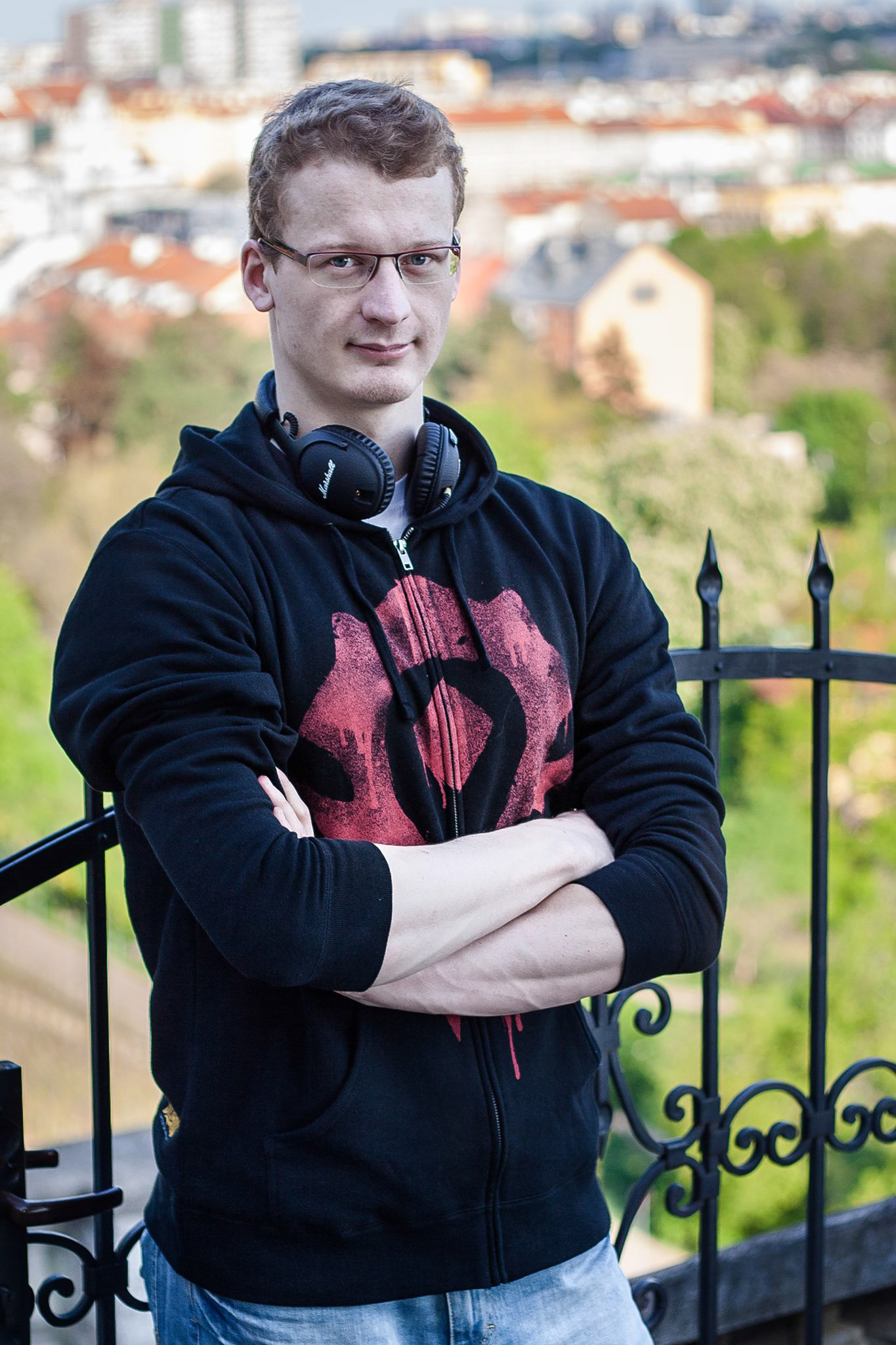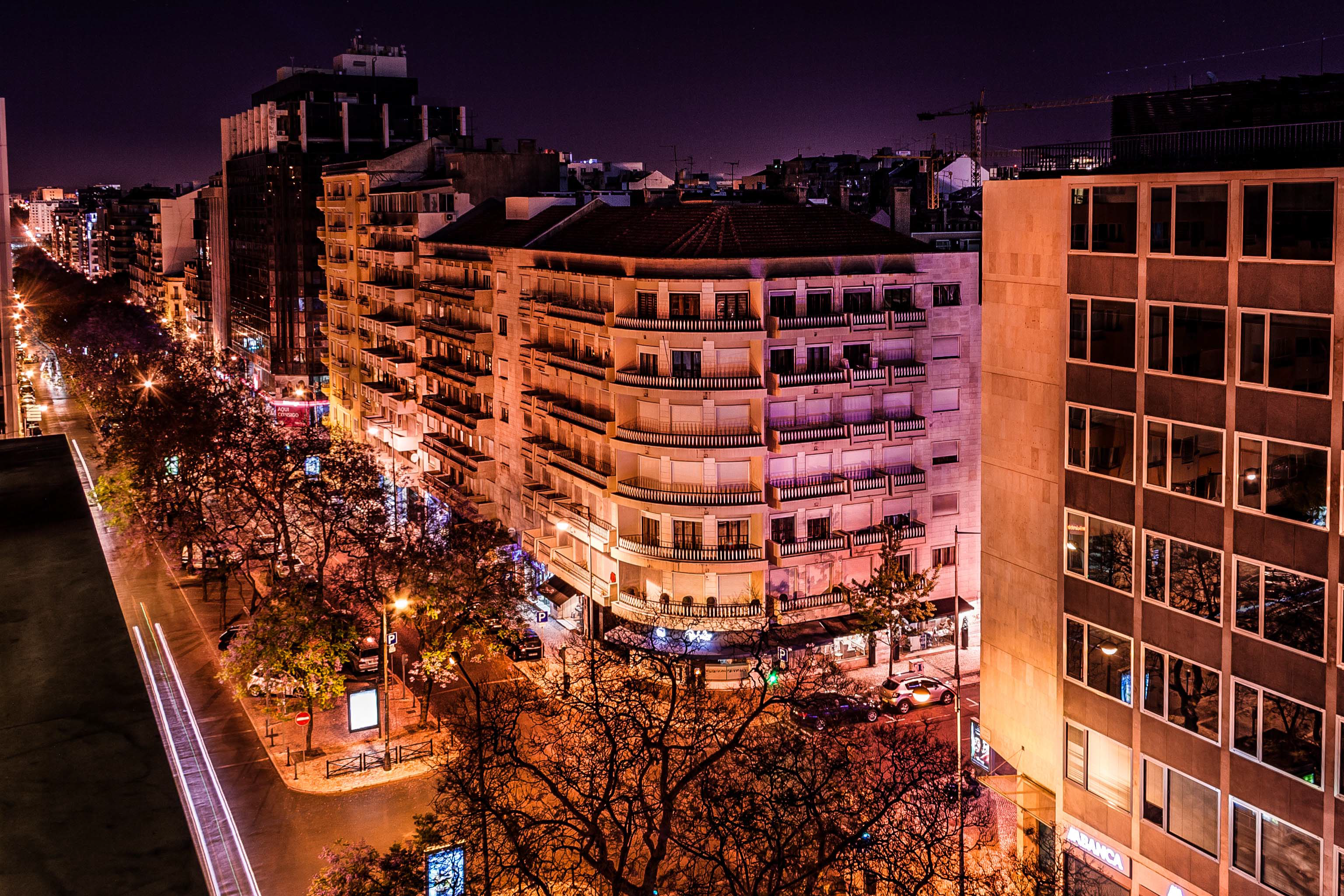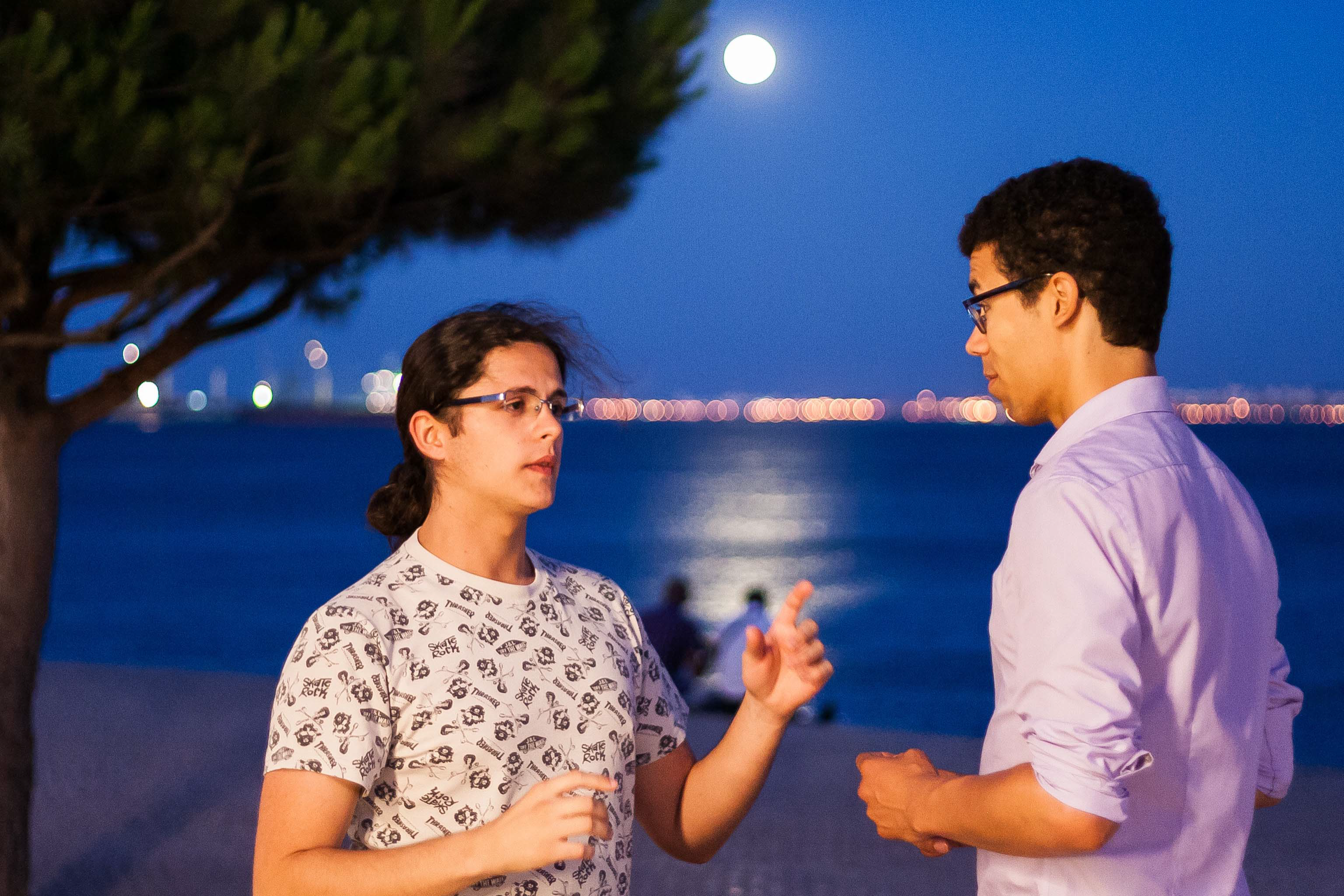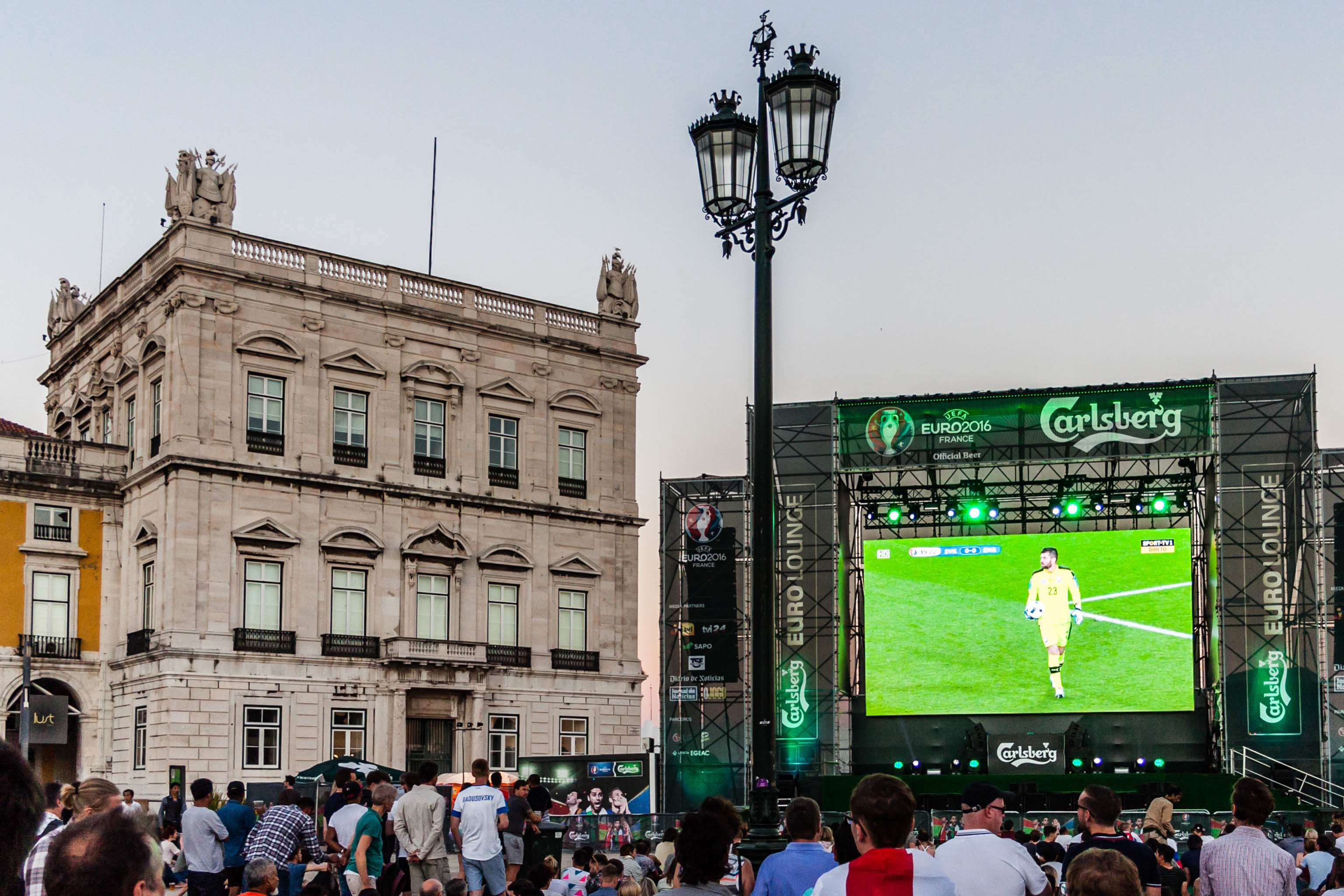Workshop on Parallel Computing for Fusion - Lisbon, Portugal
Report by Matúš Cvengroš. Powered by FuseNet
 On 20-23 of June 2016 I attended a crash course on Parallel Computing, hosted by the instituto de Plasma e Fusão Nuclear (IPFN) from the Instituto Superior Técnico (IST) in Lisbon. The event was supported by FuseNet and FuseNet also arranged the accommodation for students, which allowed me to have relatively luxurious stay in a hotel. The workshop itself started on Monday with a typical day, consisting of three lectures separated by a coffee and lunch break, during which we immediately dove into the problematics of parallel computing.
On 20-23 of June 2016 I attended a crash course on Parallel Computing, hosted by the instituto de Plasma e Fusão Nuclear (IPFN) from the Instituto Superior Técnico (IST) in Lisbon. The event was supported by FuseNet and FuseNet also arranged the accommodation for students, which allowed me to have relatively luxurious stay in a hotel. The workshop itself started on Monday with a typical day, consisting of three lectures separated by a coffee and lunch break, during which we immediately dove into the problematics of parallel computing.
On the first day, the courses were meant to give an extensive overview of parallel computing, as used in the fusion industry. We were introduced to parallel architectures and memory distribution, MPI and openMP techniques and we covered the principles of parallelizing a PIC (Particle-In-Cell) algorithm, in particular by looking at the code that IPFN itself is currently developing for their simulations in laser physics.


Lisbon by night
The second day focused on CUDA technologies. Starting in the very morning (9 AM), we followed a step-by-step guide on how to initialize and run our first codes in CUDA, after which we were given more complicated problems to solve. At the end of the morning lecture, we took a closer look at the parallel FFT code in CUDA and after the lunch break, we continued with a course about CUDA architectures.
The third day, which was for many students the last one of the workshop, was all about openMP and MPI programming, which I, personally, found most interesting. We worked independently on solving the Laplace equation on a 2D spatial grid, of course, in parallel. Our first codes were written in openMP, whereas the latter codes were written in MPI. While working on these codes, we have learned a lot about all sorts of little details that are crucial in this field; proper memory management, for instance, and the division of you simulation space into parallel blocks. Communication between these blocks has also been one of the main topics of the entire workshop.


Physicists at the beach during sunset.
Unfortunately, I had to leave early on Thursday, mainly due to the very early flight. Those of us who had their flights later on that day, however, could stay at the campus and learn a thing or two more, while working on the exercises that they had not finished during the previous days.
Apart from the lectures, exercises and other educational activities, we have also had quite some free time in Lisbon. Every day, we would finish the lecture series around 5pm, after which we could spent the rest of the day as we liked. Lisbon is great, because there are lots of things to see and do. I watched the England-Slovakia EURO2016 football game on a big screen at the Praca do Comércio, together with a British partcipant of the workshop (I am from Slovakia). We also went for a casual stroll on the beach during the sunset. And I especially enjoyed the many conversations with my fellow students. My visit to Lisbon and the 'Parallel Computing'-workshop has been a great experiences and I would really recommend it to all of you.


EURO 2016 and more happy physicists
The beautiful city centre, its specific scent and the spirit of its people, they are all wonderful and the combination of them makes Lisbon a truly unforgettable city. For me personally, this was my second time in Lisbon, since I also had the opportunity to visit PlasmaSurf in 2015 with the financial support of FuseNet. Both times, I was overwhelmed by the unbelievably quick bonding between all participants. Today, I am still enjoying the friendships I have made in 2015 and I do think that the new friendships that I have made during this event, will last too.
I would like to end this article by thanking FuseNet for its financial support and the people from IST and IPFN for the organisation of the event. They are incredibly professional and friendly, with just the perfect cup of easiness and sarcasm in them, which proves to be just perfect for me, too.
Sérgio Agostinho and Georgiy Zadvitskiy have also attended the workshop on Parallel Computing. Read their stories in this article!
